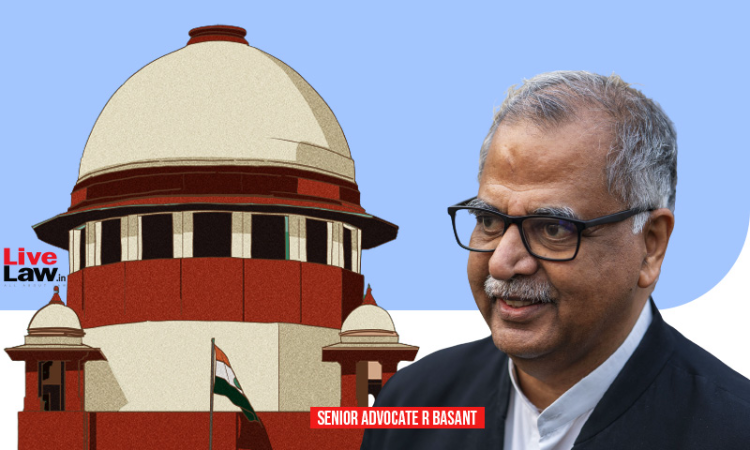"Young Children Are Idealists, Inspired By Certain Ideology. But There is No Allegation That They Have Intention To Further The Activities": Sr.Ad. Basant Argues In Allan Thwaha UAPA Case
Mehal Jain
23 Sept 2021 7:55 PM IST

Next Story
23 Sept 2021 7:55 PM IST
